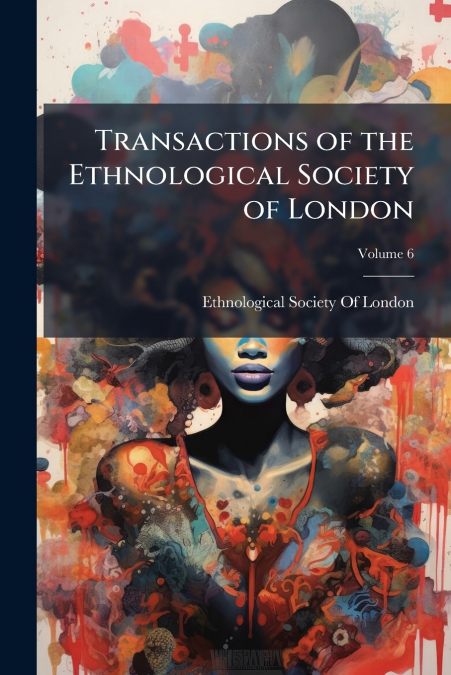
Ethnological Society Of London
Explore the rich tapestry of human culture and society with 'Transactions of the Ethnological Society of London, Volume 6.' This meticulously preserved volume offers a fascinating glimpse into the world as seen through the eyes of 19th-century ethnologists. Delve into detailed accounts and analyses of various cultures, customs, and social structures from around the globe. The Ethnological Society of London’s dedication to documenting and understanding human diversity shines through in every page, making this collection an invaluable resource for historians, anthropologists, and anyone interested in the study of human societies. This volume provides a unique window into the intellectual and scientific landscape of the Victorian era, showcasing the evolving understanding of human cultures and societies. Discover insights into the methodologies and perspectives of early ethnological research. A must-read for those seeking to understand the roots of modern social sciences and the historical context of cultural studies.This work has been selected by scholars as being culturally important, and is part of the knowledge base of civilization as we know it. This work was reproduced from the original artifact, and remains as true to the original work as possible. Therefore, you will see the original copyright references, library stamps (as most of these works have been housed in our most important libraries around the world), and other notations in the work.This work is in the public domain in the United States of America, and possibly other nations. Within the United States, you may freely copy and distribute this work, as no entity (individual or corporate) has a copyright on the body of the work.As a reproduction of a historical artifact, this work may contain missing or blurred pages, poor pictures, errant marks, etc. Scholars believe, and we concur, that this work is important enough to be preserved, reproduced, and made generally available to the public. We appreciate your support of the preservation process, and thank you for being an important part of keeping this knowledge alive and relevant.